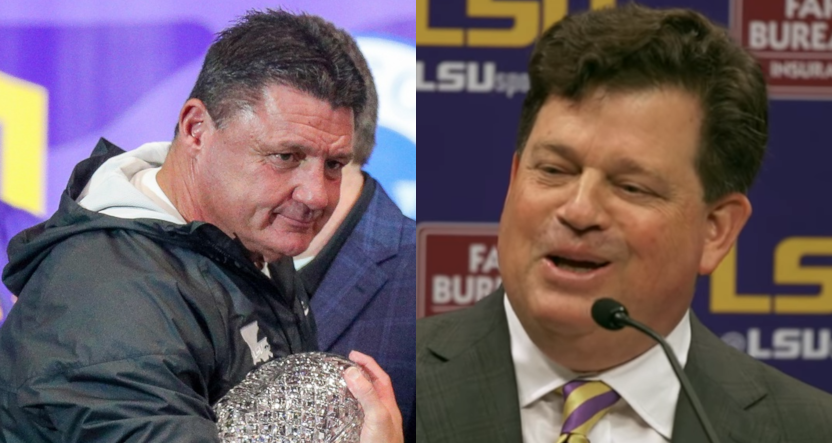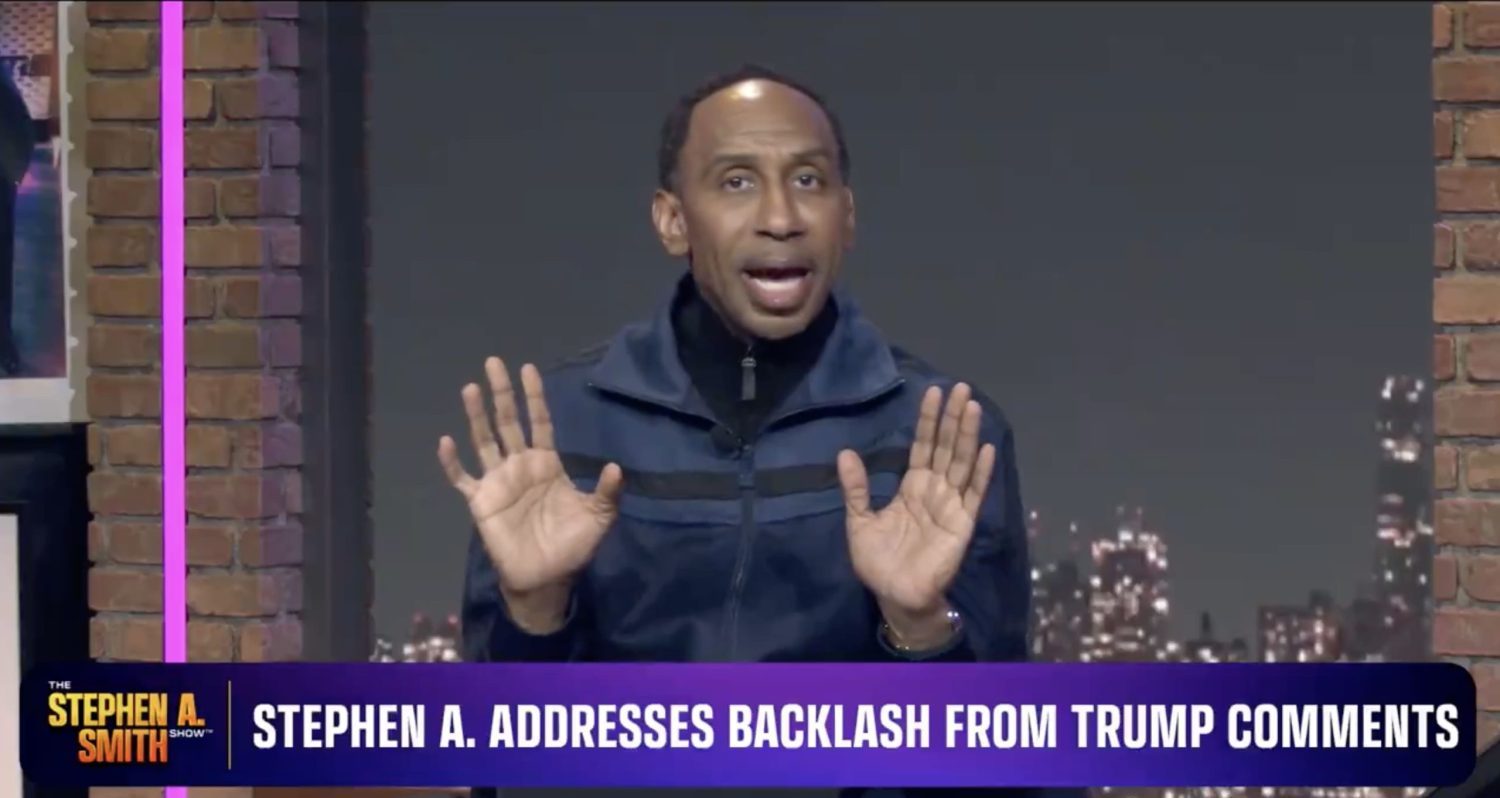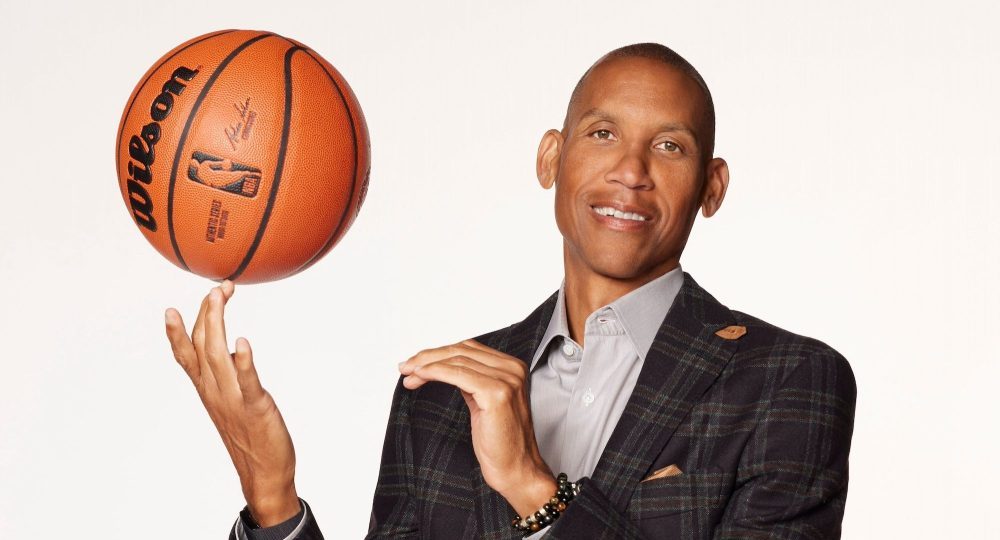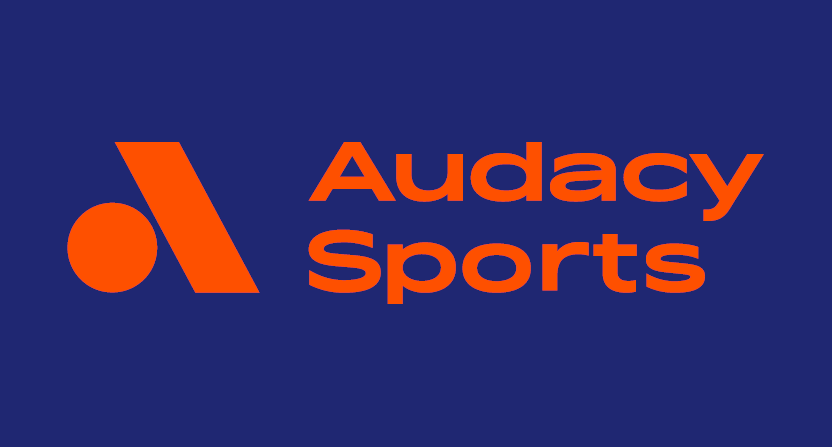One big question with attempts to play sports during the COVID-19 pandemic is about how much of teams’ and leagues’ testing results will be revealed to the public. Many teams and leagues have been relatively open with how many players have tested positive over certain intervals, but in college football in particular, the initial detailed numbers some schools released have become more and more rare to see lately. And LSU athletic director Scott Woodward (seen at right above during an introductory press conference in April 2019) is the latest college football figure to speak in favor of secrecy.
Even around game postponements, some schools like BYU have only mentioned “a small number” of positive tests, and many athletic departments have combined football players with their other athletes (who aren’t currently involved in competition) in COVID testing numbers. And some athletic departments are going further still, with Oklahoma head coach Lincoln Riley saying this past week the school would no longer release COVID numbers, claiming it would put them at a “competitive disadvantage.” And he’s far from alone there.
Woodward appears to agree with that approach.After LSU head coach Ed Orgeron (seen at left above with the AFCA Coaches’ Trophy in January) said Tuesday that “most” of the Tigers’ team had already contracted COVID-19, Woodward said Wednesday that Orgeron “was a bit too transparent” in revealing that information. Here’s more on Woodward’s comments Wednesday from Brooks Kubena of The Advocate:
LSU athletic director Scott Woodward said Wednesday in a joint news briefing with interim university president Tom Galligan that Orgeron “was a bit too transparent” in his update.
…”The beauty of this is that Coach O is totally transparent and honest to a fault, and it’s a great thing,” Woodward said. “This is very similar to what we’re seeing across all schools that have been doing this.”
…Woodward cited two student privacy protections, HIPAA and FERPA, in explaining why the LSU athletic department doesn’t provide specific numbers, as other college football programs such as Clemson, Notre Dame and Texas have. He also said a running total of COVID-19 positive case numbers “doesn’t tell the whole story.”
…”There’s lies, damn lies and statistics,” Woodward said, quoting a phrase popularized by Mark Twain. “We’re very careful with (coronavirus), and as long as I think we have the proper oversight with what we’re doing, we’re in a very good direction.”
As Kubena goes on to note, countless legal experts have indicated that HIPAA and FERPA do not prevent schools from releasing overall numbers (which a lot of schools have done). Those protections only become an issue if individual athletes are identified, and that’s something that schools have obvious incentive not to do even from a competitive standpoint, before you get into the discussions of privacy protection. So the “damn lies” (a quote that itself is a lie, as it was initially attributed to Benjamin Disraeli, but there’s strong evidence he didn’t say it) are really more applicable to the school trying to cite privacy protections in an attempt to gain a competitive advantage by not releasing their athletes’ testing numbers.
Another thing to keep in mind here is that the school really doesn’t seem to be gaining much from keeping this secret. That’s also been the case in the many other situations where access issues have popped up around NCAA football programs (including at LSU), but it is notable that this is another one where there doesn’t seem to be much of an actual advantage gained. The numbers of players who have tested positive for COVID-19 doesn’t actually seem that useful for any opposing school to know.
For one thing, positive test numbers alone don’t provide any information on the actual current health challenges players are facing. Some positive tests come from asymptomatic people, while some come from seriously-ill people; an overall number doesn’t differentiate between the two. It also doesn’t differentiate between players who are just catching the disease and those who have already recovered from it. And if there aren’t any positional or other identifiers attached to it, there’s really not much for opponents to use against you. So there’s very little to suggest that the Tigers (and other schools pursuing the non-reveal approach) are gaining an on-field benefit from doing so.
With that in mind, what’s the point of keeping these numbers secret, and suggesting that Orgeron was “too transparent”? Well, what the numbers are actually useful for is informing the public (through the media) just what the situation at a particular school’s football program actually is. And that can help provide a smarter discussion about that school, and that conference’s, plans to play.
This is also remarkable as a reverse of the usual situation. It’s not that uncommon to see a NCAA football coach say something a little wild, and then to see the associated athletic director try to walk that back. It is a little odder to see an athletic director, a position that usually comes with a significant background in diplomacy, media relations, and public relations, making comments that perhaps draw even more negative attention than what the football coach said. And it’s quite something to see an AD saying that a coach was being “a bit too transparent.”
And it seems at this point that even high numbers aren’t necessarily going to lead to much of anything, with the Big Ten’s course reversal to play this fall despite large outbreaks at many of its schools the latest data point suggesting that very little is going to stop Power Five conferences’ plans to proceed with playing amidst a pandemic. (The Pac-12 hasn’t yet followed suit, but it may.) So while the numbers may not change much, they at least provide some indication of what’s going on with a particular school, and how true that school’s claims about its efforts to keep its athletes safe really are. And refusing to release those numbers, and chastising a coach for discussing the numbers publicly (even in only general terms), says plenty itself.
[The Advocate; Orgeron photo from Stephen Lew/USA Today Sports; Woodward photo from NOLA.com on YouTube]






